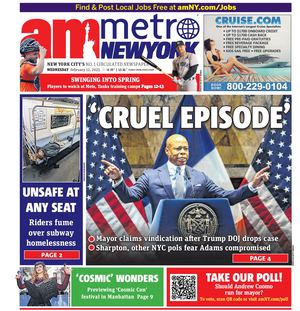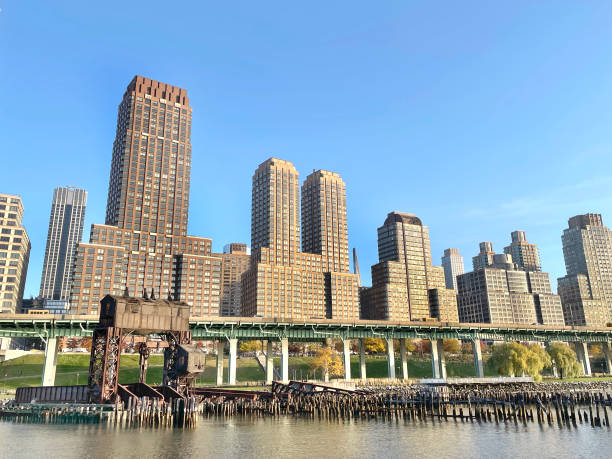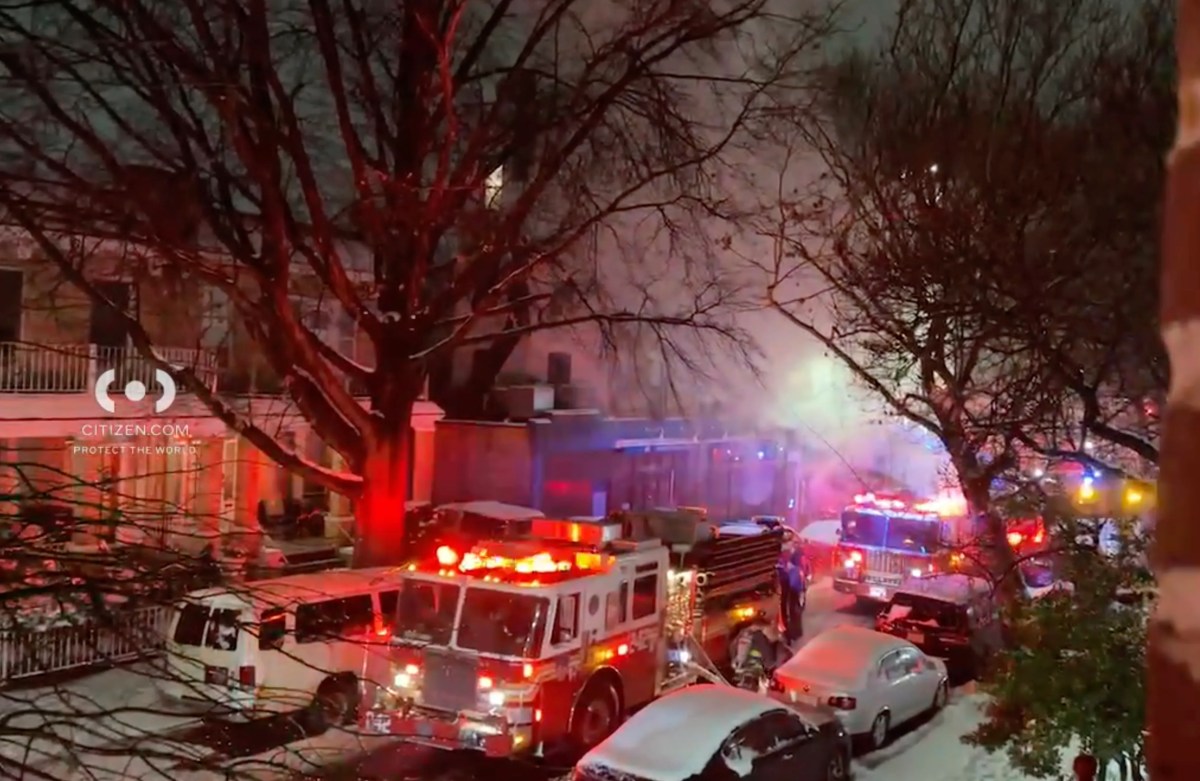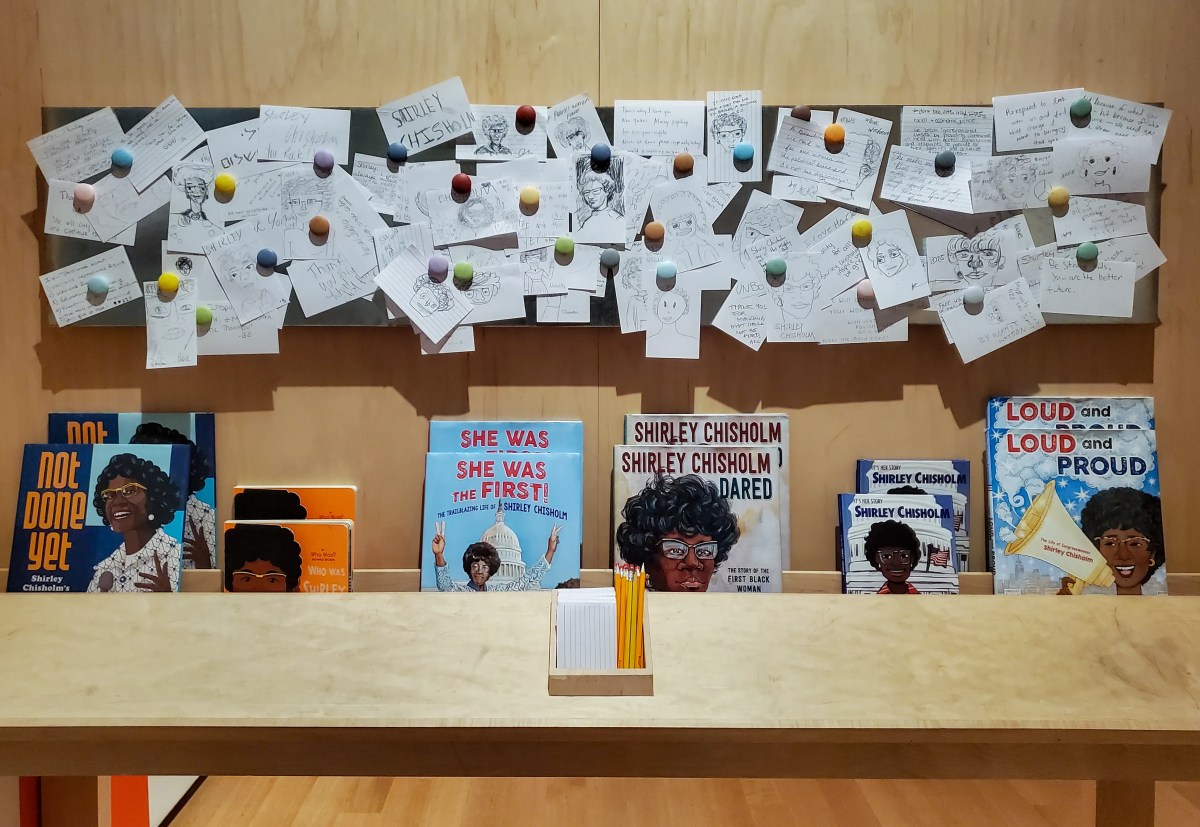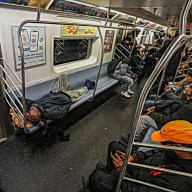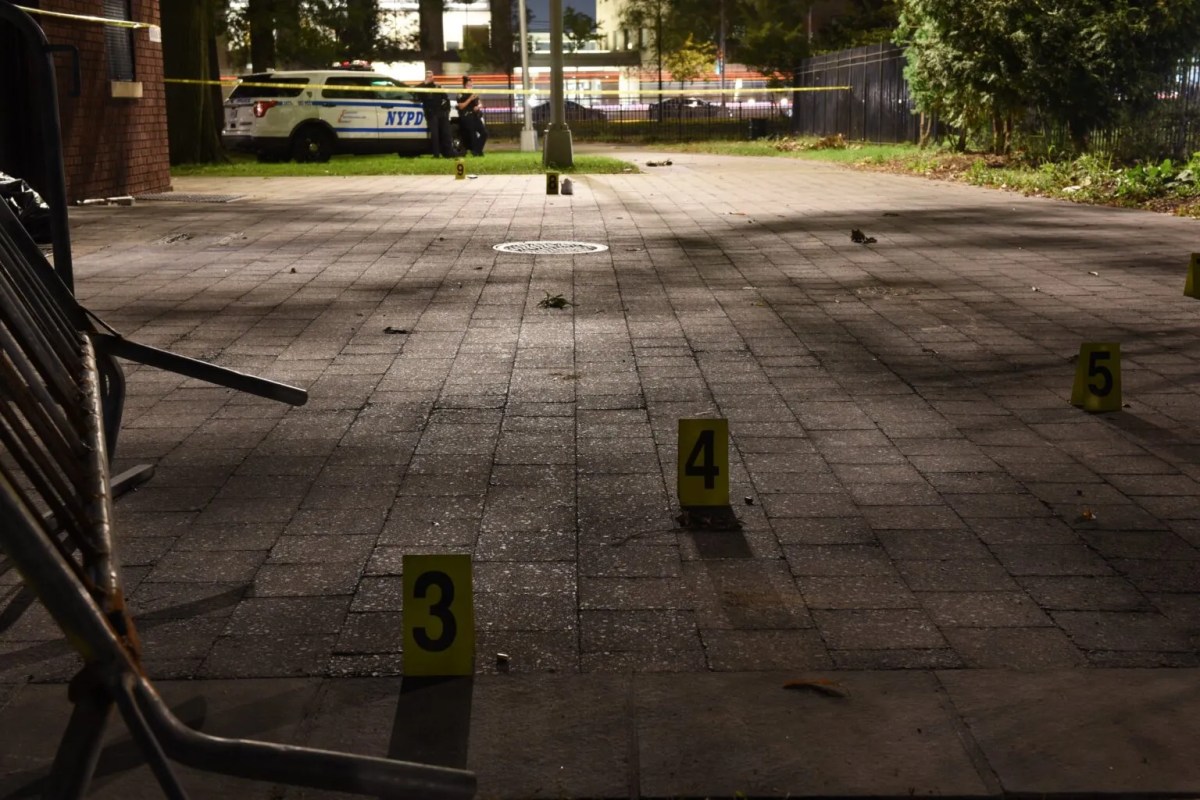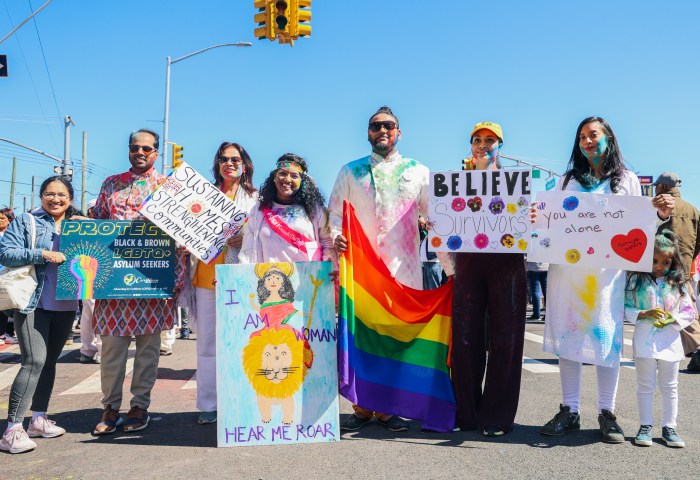
A proposal to provide discounted MetroCards for low-income New Yorkers will not be included in the mayor’s budget, officials say.
The Fair Fares initiative, won’t be in Mayor Bill de Blasio’s executive budget, to be released Wednesday, but a throng of elected officials, as well as criminal justice and transit advocates, took to the steps of City Hall Tuesday to make it clear that they wouldn’t be giving up on the fight.
“Fair Fares will go on. I will fight it until my very last breath,” said David Jones, the executive director of the Community Service Society of New York and de Blasio’s own appointee to the MTA board. “We’re taking this fight on for as many years — I’m on the board until 2020. So they’re going to be hearing from me for a long time.”
Giving city residents who are living at or below the poverty line discounted MetroCards would make mass transit, which is a necessity for many, more accessible and would combat what was described as overly aggressive policing of fare evasion, according to Jones. Last year, the NYPD arrested 24,591 people for the offense.
“These are crimes of poverty. This is Victor Hugo stuff; these are people stealing bread,” said Jones, referencing the French poet’s novel “Les Misérables.” “And to pursue [turnstile jumpers] as the major focus of criminal justice is an outrage.”
About 800,000 city residents would be eligible for the discounted MetroCard and, based on anticipated participation levels, it would cost the city about $200 million per year. Advocates have tweaked the proposal, offering a gradual phase-in beginning with the most impoverished residents, but the mayor hasn’t budged, despite acknowledging that the idea has merit.
“The proposal is a noble one but the mayor has been very clear: The MTA is the responsibility of the state and they should consider funding the program,” said Freddi Goldstein, a mayoral spokeswoman.
Still, the initiative has garnered the support of some of the biggest city unions, a majority of City Council members, the public advocate and city comptroller. Proponents argue that the policy is a social equity issue that is not only within purview of the city, but one that falls neatly in line with de Blasio’s campaign agenda to address what he’s called the “tale of two cities.”
“In New York, geographic mobility is economic mobility,” said John Raskin, executive director of the Riders Alliance. “But if people can’t afford public transit, none of those opportunities are available to them. … I think the question is: Is it legitimate to ask Mayor de Blasio to help New Yorkers get to work? I think it is.”
